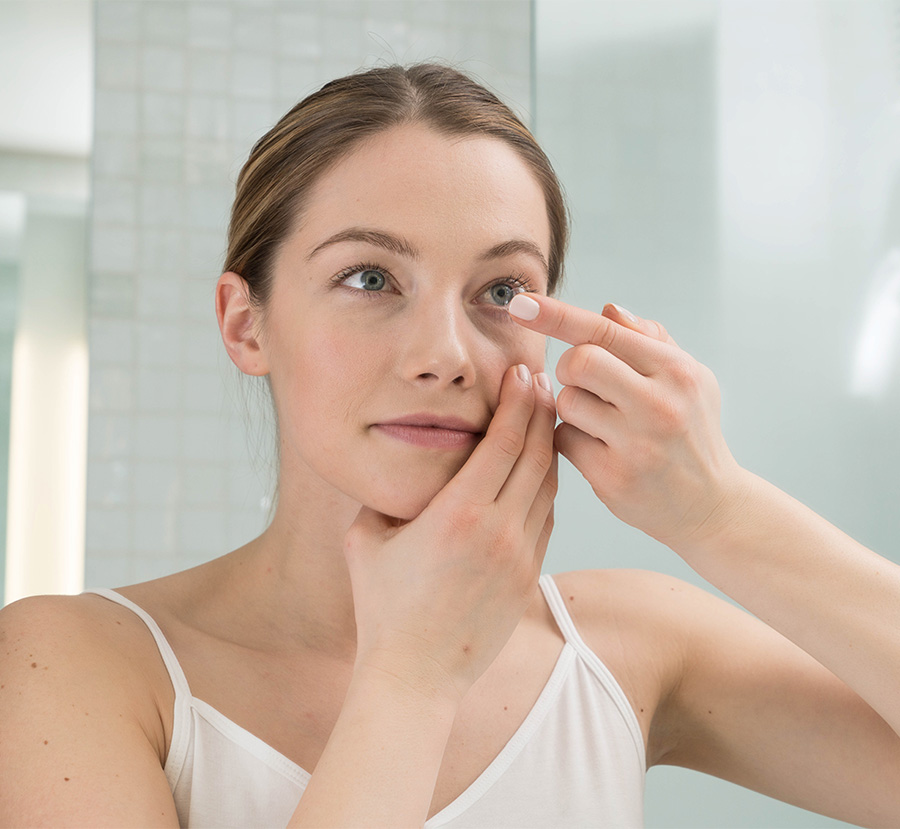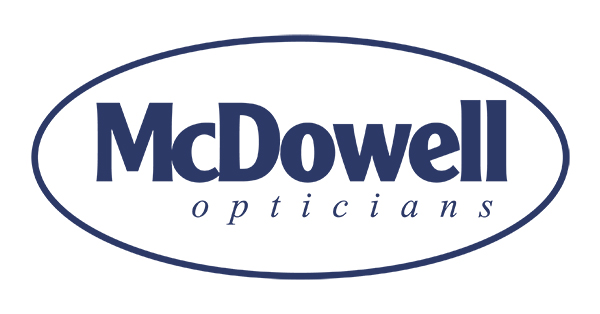CONTACT LENSES
Providing each patient with the best possible
solution for their eye care needs
Interested in trying contact lenses?
Whether you want to have a new look, more freedom for sports and other activities or just wish to be free from glasses, contact lenses are an excellent alternative. With modern contact lens options and proper advice and care from Richard or Victoria, there are few people who cannot use contact lenses either full-time or part-time.
Trying contact lenses is easy. It begins with a comprehensive eye examination including the front of the eye and eyelids. Measurements are taken of the shape of the cornea and a lens is then placed onto the eye to fit this shape and properly correct the vision. After a few minutes we encourage people to go outside to walk around and enjoy the new found freedom that contact lenses offer.
Once the lenses have settled we will assess the fit, the vision and of course how you feel about the lenses. From all of that we are able to order the correct lenses to suit the shape of your eyes and prescription.

Contact lenses for children
There’s no minimum age for wearing contact lenses and the most important consideration is whether a child is mature and motivated enough to wear and care for their lenses properly. It involves a little more effort than wearing glasses as contact lenses need proper hygiene and care. But the results can certainly be worth it!
- Better vision for sports and leisure activities where children often remove their glasses for fear of breaking them
- Improved appearance and social acceptance, especially with high levels of short sight (myopia) or long sight (hyperopia)
- Greater self-confidence, self-esteem and satisfaction
- Avoid frequent breakages of glasses
- Full time vision correction – particularly important in children with squint, astigmatism and poor vision in one eye to ensure the eyes work properly together and to avoid a ‘lazy eye’
- Easily updated when eyesight is changing frequently
Most people purchasing contact lenses join our contact lens care scheme. This involves a convenient monthly payment through the bank which covers:
- cost of contact lenses
- solutions (optional)
- an annual comprehensive eye examination
- all scheduled contact lens appointments (and unscheduled ones too)
- up to 20% discount on spectacles, sunglasses and other accessories
People change. Eyes change.
Our commitment to quality eyecare doesn't.
